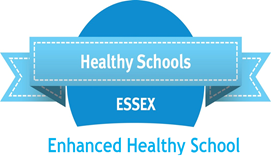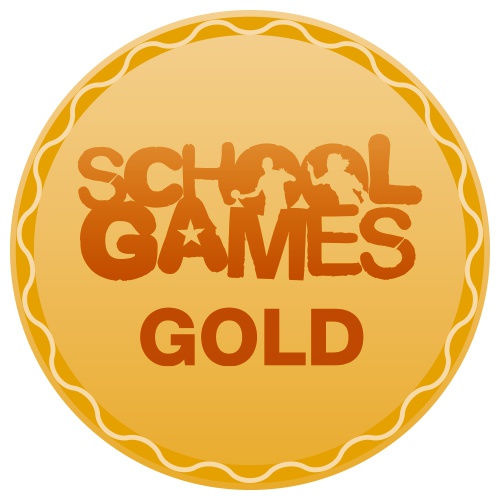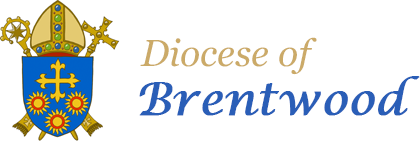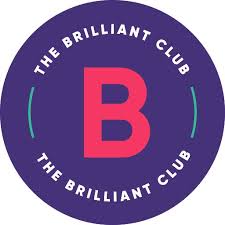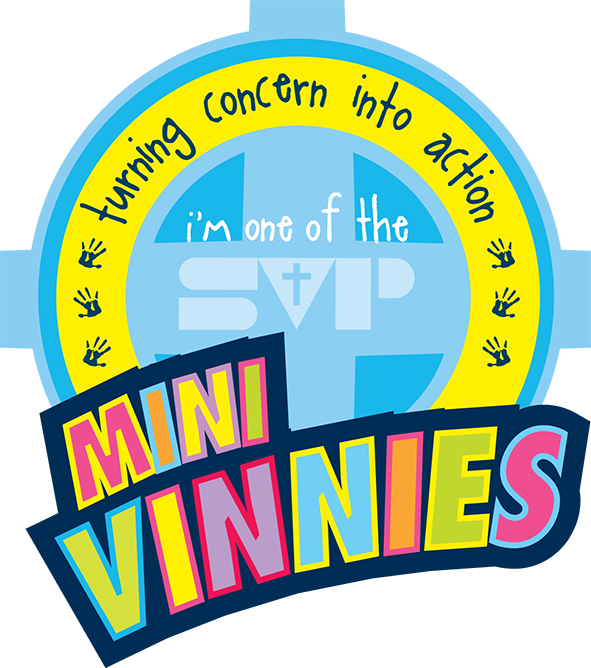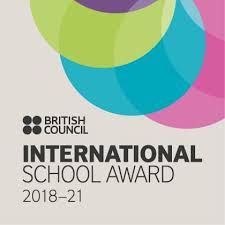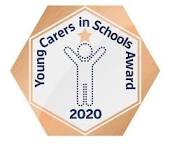Computing
Intent
At Holy Cross Catholic Primary Academy, we understand that computing prepares children to participate in a rapidly changing digital world. The purpose of our computing curriculum is for all children to be confident digital citizens who have the knowledge, skills, and understanding to use technology safely, creatively and effectively. Our Computing curriculum focuses on a progression of skills in digital literacy, computer science, information technology and online safety to ensure that children become competent in safely using, as well as understanding, technology. It aims to teach children key knowledge about how different forms of technology and computer systems work, apply the fundamental principles and concepts of computer science including: algorithms, programming and data representation, offers experiences of physical computing, select and create a range of media and teaches children to be responsible, competent, confident and creative users of information and communication technology.
Implementation
At Holy Cross, computing knowledge and skills are taught both discreetly where appropriate and applied within cross-curricular lessons to give children a context for their learning and to support other areas of the curriculum. Each year, children visit the same themes in order to ensure skills and knowledge progression. Those themes or topics are computing systems and networks/technology around us, creating media, data and information and programming.
Early Years Foundation Stage
Children are taught to recognise that a range of technology is used within home and school. They are given opportunities to select and use technology for a particular purpose. Children in our Early Years provision will be exposed to the understanding of Internet safety as they explore the world around them and how technology is an everyday part of their learning and understanding of the world.
Key Stage 1
Children are taught the principles of information and computing; how digital systems work and how to put this knowledge into practise through programming. Our computing curriculum ensures that children can become digitally literate – are able to use, develop and express themselves through information and communication technology at a level suitable for the future workplace and as active participants in a digital world. Children in Key Stage 1 are taught to:
• Understand what algorithms are.
• Create and debug simple programs. (e.g. Beebots, Scratch Junior)
• Use logical reasoning to predict the behaviour of simple programs.
• Use technology purposefully to create, organise, store, manipulate and retrieve digital content. (Word, Powerpoint, Painting packages, Photographs and Videos)
• Recognise common uses of information technology beyond school.
• Use technology safely and respectfully, keeping personal information private and know where to go for help and support when they have concerns about content.
Key Stage 2
Children will continue to have experiences of all strands building on the skills and knowledge taught at Key Stage 1. Children in Key Stage 2 are taught to:
• Design, write and debug programs that accomplish specific goals, including controlling or stimulating physical systems; solving problems by decomposing them into smaller parts. (Scratch, Microbits)
• Use sequence, selection and repetition in programs; work with variables and various forms of input and output.
• Use logical reasoning to explain how some simple algorithms work and to detect and correct errors in algorithms and programs.
• Understand computer networks including the internet and the opportunities they offer for communication and collaboration.
• Use search technologies effectively and appreciate how results are selected and ranked and be discerning in evaluating digital content.
• Select, use and combine a variety of software, including internet services, on a range of digital devices to design and create a range of programs, systems and content that accomplish given goals – including collecting, analysing, evaluating and presenting data and information.
• Use technology safely, respectfully and responsibly – recognising acceptable and unacceptable behaviour, identify a range of ways to report concerns and content and contact.
Impact
A high-quality computing education will pupils to use computational thinking and creativity to understand and change the world

